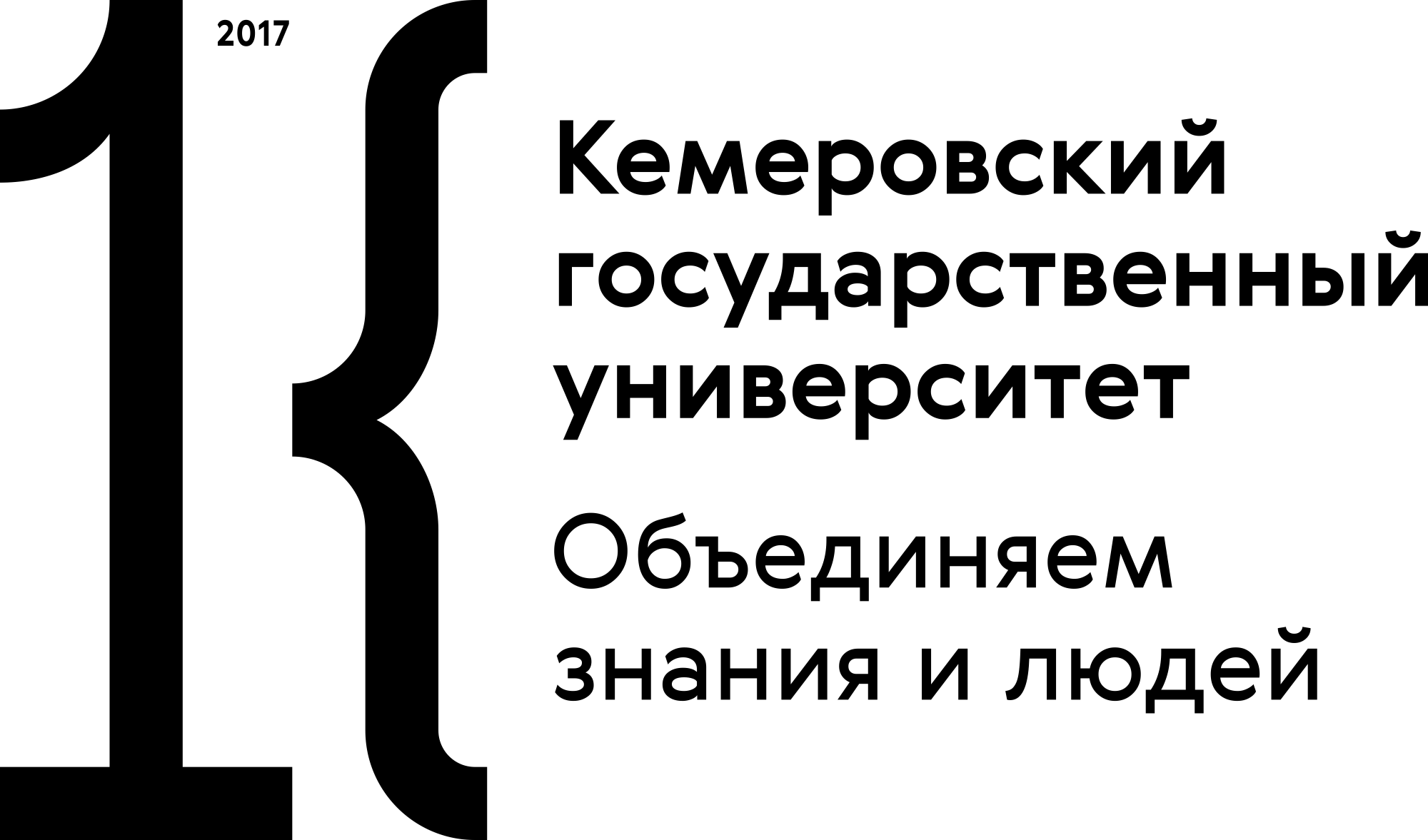Kemerovo, Russian Federation
UDC 33
The financial support of the compulsory pension insurance system in Russia is receiving much attention both in government and in scientific circles. During economic crises, the load on the country's social sphere increases, which leads to an exacerbation of the unresolved problems of the Russian pension insurance system, arousing in society an increased interest in finding various ways of its development. The purpose of the study was to substantiate the need for additional sources of pension funding, as well as to improve the approach to taxation of incomes of various population categories. The study was based on the analysis of the mechanism for forming the financial resources of the compulsory pension insurance system. It featured theoretical and applied aspects of the pension insurance funding system in Russia. The author reviewed relevant publications by Russian authors, who offered various solution of the above-mentioned problem. The paper focuses on the sources of the budget revenues of the Pension Fund and the main parameters of the mechanism for collecting insurance contributions for compulsory pension insurance. The author defined such problem areas as the dependence of the Pension Fund budget on subsidies from the federal budget and the regressive tariff scale for insurance contributions. The article also contains a comparative analysis of the tax burden on wages in Russia and in the countries of the Organization for Economic Cooperation and Development (OECD). Any further development of the system of pension insurance financial support should be aimed at eliminating the regressive nature of the collection of insurance premiums, as well as at differentiating the values of the tax rate for personal income tax depending on the level of income of the taxpayer.
pension system, pension payment, funding of an insurance pension, the budget of the Pension Fund, insurance contribution, remuneration, tax burden, progressive taxation
1. Aksyutina S. V., Sovetova N. P., Nespanova I. V. Current issues of pension insurance in the Russian Federation. Journal of Economics, Entrepreneurship and Law, 2020, 10(4): 1247-1262. (In Russ.) DOI:https://doi.org/10.18334/epp.10.4.100860
2. Bobrova D. N. Mandatory pension insurance in the Russian Federation: social effect. Izvestia Sankt-Peterburgskogo gosudarstvennogo ekonomiceskogo universiteta, 2019, (6): 156-162. (In Russ.)
3. Bakhmatov S. A., Borodavko L. S., Semenova E. V. The development of voluntary pension insurance in the Russian Federation. Bulletin of Baikal State University, 2019, 29(2): 244-252. (In Russ.) DOI:https://doi.org/10.17150/2500-2759.2019.29 (2) 244-252
4. Vorobyov Yu. N., Vorobyova E. I. Pension insurance in Russia. Scientific Bulletin: finance, banking, investment, 2018, (3): 45-57. (In Russ.)
5. Yanova S. U. Pension insurance: risk management or income regulation. Izvestia Sankt-Peterburgskogo gosudarstvennogo ekonomiceskogo universiteta, 2019, (5-2): 27-36. (In Russ.)
6. Astanin S. V., Zhukovskaia N. K., Voloshina M. V. Problems of the budget deficit of the Pension Fund of the Russian Federation and possible ways of solving it. Innovative Science, 2019, (9): 27-32. (In Russ.)
7. Atanesyan L. R. Structure of income and expenditure of the budget of the Pension Fund of the Russian Federation. Tsifrovaya nauka, 2020, (1): 11-16. (In Russ.)
8. Govorina O. A. Theoretical aspects of the formation of insurance premiums in Russian law. Questions of the development of modern science and technology: Proc. Sci.-Prac. Conf., Melbourne, 9 Nov 2020. Melbourne, 2020, 96-100. (In Russ.) DOI:https://doi.org/10.24412/cl-36006-2020-1-96-100
9. Karpov D. M. Ways of additional financial support of the Pension Fund budget. Finance and accounting policy, 2020, (3): 14-19. (In Russ.)
10. Kosov M. E. Main problems of the balanced pension system and its solution. Belgorod State University Scientific Bulletin. Economics. Information technologies, 2019, 46(3): 474-484. (In Russ.) DOI:https://doi.org/10.18413/2411-3808-2019-46-3-474-484
11. Lapaev A. A. The defining demographic factors in the development trajectories of the pension system in the Russian Federation. Mezhdunarodnyj nauchno-issledovatel'skij zhurnal, 2021, (5-3): 21-24. (In Russ.) DOI:https://doi.org/10.23670/IRJ.2021.107.5.068
12. Leshukova I. V. Incomes of the pension fund of Russia. Innovation science, 2017, (11): 72-73. (In Russ.)
13. Napso M. B. Economic and legal prerequisites and consequences of reforming the pension system of the Russian Federation. Izvestiia Tulskogo gosudarstvennogo universiteta. Ekonomicheskie i iuridicheskie nauki, 2019, (3): 49-62. (In Russ.)
14. Safonov A. L., Dolzhenkova Yu. V. Factors of financial imbalance in the compulsory pension insurance system: the case of Russia. Finance: theory and practice, 2020, 24(6): 108-122. (In Russ.) DOI:https://doi.org/10.26794/2587-5671-2020-24-6-108-122
15. Sedova M. L. Balancing of the Russian Pension Fund's budget and the problems of the pension system's sustainability. Izvestia Sankt-Peterburgskogo gosudarstvennogo ekonomiceskogo universiteta, 2018, (5): 64-70. (In Russ.)
16. Fatkhlislamova G. F. Influence of the tariff policy of the Pension Fund of the Russia on the distributional and funded component of the pension system. Gosudarstvennaya sluzhba, 2019, (6): 78-84. (In Russ.) DOI:https://doi.org/10.22394/2070-8378-2019-21-6-78-84
17. Zotikov N. Z. Social function of taxes and insurance contributions. The Eurasian Scientific Journal, 2019, 11(2). Available at: https://esj.today/PDF/50ECVN219.pdf (accessed 12 May 2021). (In Russ.)
18. Ishchuk T. L., Baimukhametova A. S. Reforming the scale of personal income taxation in Russia and the Republic of Kazakhstan. Izvestia Sankt-Peterburgskogo gosudarstvennogo ekonomiceskogo universiteta, 2021, (1): 42-48. (In Russ.)
19. Leukhin R. S., Suslina A. L. Labour taxes progressivity in Russia: ways to reform personal income tax. Financial Journal, 2017, (6): 50-63. (In Russ.)
20. Roik V. D. Pension reforms in Russia and Post Soviet Union countries: 1991-2018 years. ECO, 2019, (3): 94-116. (In Russ.) DOI:https://doi.org/10.30680/EC00131-7652-2019-3-94-116

















